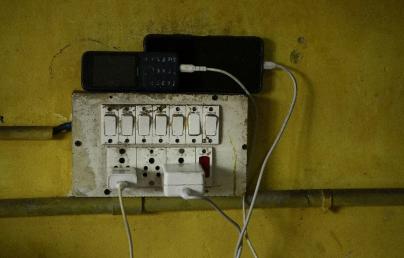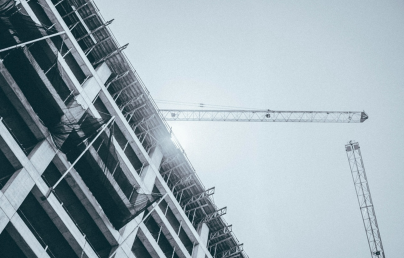
Climate resilience through social housing renovation

Climate resilience through social housing renovation
This paper, titled 'Environmental and energy analysis of the renovation of social housing buildings under various climate change scenarios and user profiles', analyses the climate resilience of renovating social housing buildings in the Basque Country, Spain, within the context of climate change (CC).
Given the region’s moderate warming projections, reducing heating demand through passive renovations is identified as essential, with deep passive measures potentially cutting heating demand by up to 82.2% under the worst CC scenario.
While global warming may improve indoor comfort for low-income tenants, making passive measures less critical, active renovation actions are still necessary to ensure optimal indoor conditions.
The risk of overheating is minimal, with less than 4% of hours exceeding 26°C. Life Cycle Impact Assessment shows that the environmental impact of the renovation is relatively small compared to the operational stage, and using either conventional or ecological materials could reduce non-renewable primary energy consumption by up to 6.5% and CO2 emissions by 3.7%.
IgsyFpkqcn_30_01_2025_170837.pdf
English (10.18 MB - PDF)
